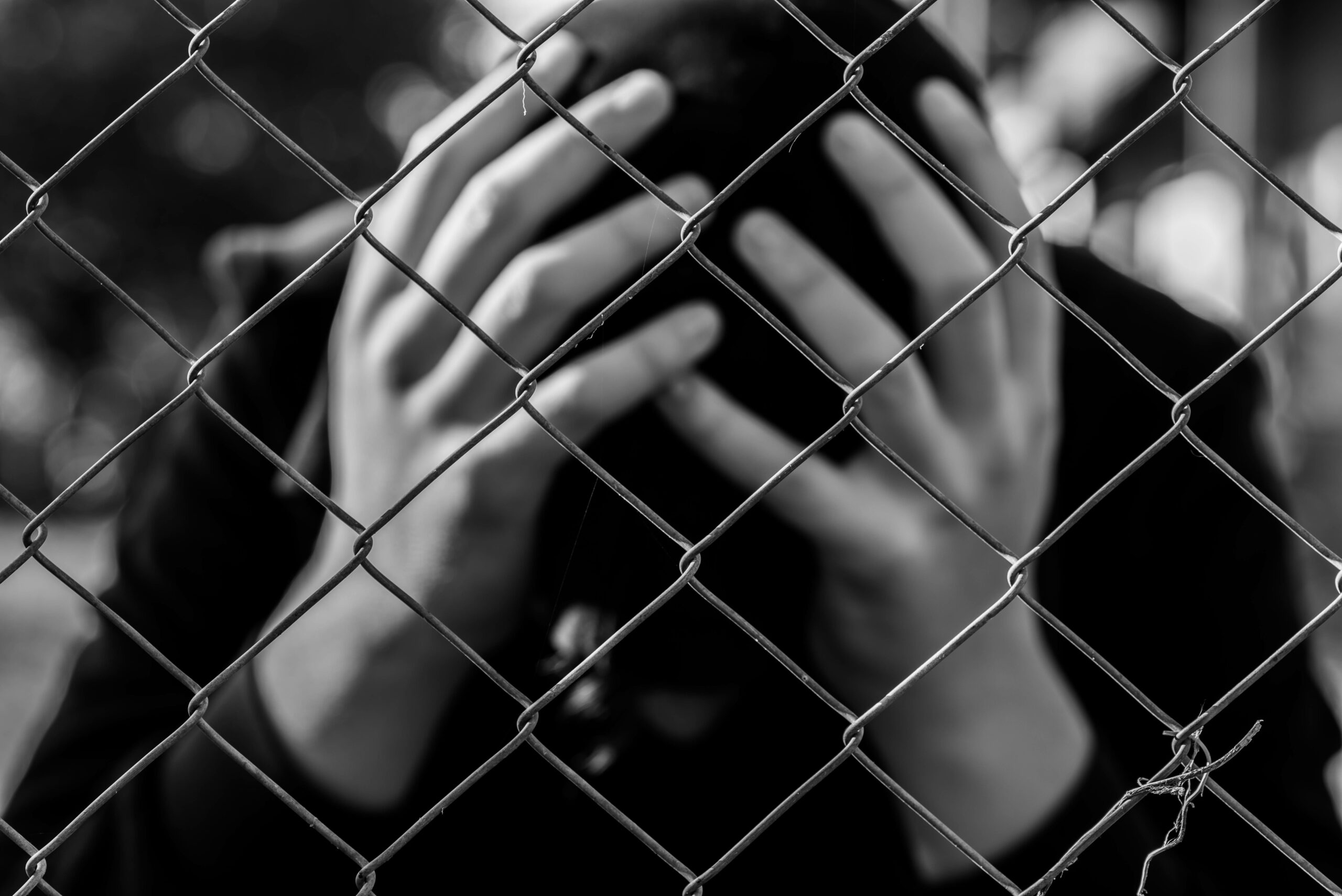Those under the age of 18 are considered to be juveniles. Juvenile crimes are dealt with differently than those committed by adults. When juvenile offenses are particularly serious in New Jersey, a child could be sent to a juvenile detention center. Please continue reading as we explore what you should know about these matters and why connecting with our determined Bergen County Juvenile Offense Attorneys is in your best interest.
What Should I Know About Juvenile Offenses in New Jersey?
First and foremost, it’s important to understand that when a child under the age of 18 is arrested in New Jersey, their case is handled quite differently than adult criminal cases. Juvenile cases are handled in the family division of New Jersey’s Superior Court and are heard by the Juvenile Conference Committee. This Committee of volunteers and a judge will determine the outcome of your child’s case. You should note that some offenses can be waived up to criminal court if a juvenile is at least 15 years old and there is probable cause to believe they committed a serious offense like homicide, first-degree robbery, assault, or other violent acts. The penalties for juvenile crimes differ from those for adult crimes. Juvenile sentences aim for rehabilitation and the child’s best interests, rather than solely on punishment.
What is the Purpose of a Juvenile Detention Center?
Minors can be sent to a juvenile detention center, also known as a juvenile hall, for a variety of reasons, but the underlying factor is typically that they are deemed a risk to themselves or others. This risk can manifest through delinquent behavior, mental health issues, or substance abuse problems. A court hearing generally precedes the decision to send a child to a detention center. The judge will weigh the evidence and determine whether detention is necessary. Detention may be ordered while awaiting a final disposition or placement, especially if the child’s alleged offense is serious or if there are safety concerns.
A juvenile detention center is a secure facility where minors who have been accused or adjudicated of committing a delinquent act are temporarily held. A child may be sent to a detention center as part of their sentence. These centers are designed to provide a safe and structured environemnt for young people who have been involved in the juvenile justice system. They provide a range of support services, including education, vocational training, and counseling. These resources are intended to help the child address the underlying issues that led to their delinquent behavior. Juvenile detention centers aim to help juveniles understand the gravity of their actions but shield them from the dangers of being sent to a full-fledged jail with adult offenders. The primary goal is to equip the juvenile with the skills and support they need to re-integrate into society.
In most cases, detention is usually considered a last resort. In New Jersey, the juvenile justice system prioritizes community-based alternatives, such as probation or community service, whenever possible. Detention is typically reserved for cases where the child poses a csingdninacant risk or where other interventions have been unsuccessful.
At The Law Office of Carl Spector, we are prepared to guide you through this difficult time and fight to protect your child’s future. Connect with our firm today to discuss your child’s situation with a skilled Bergen County criminal defense attorney.
